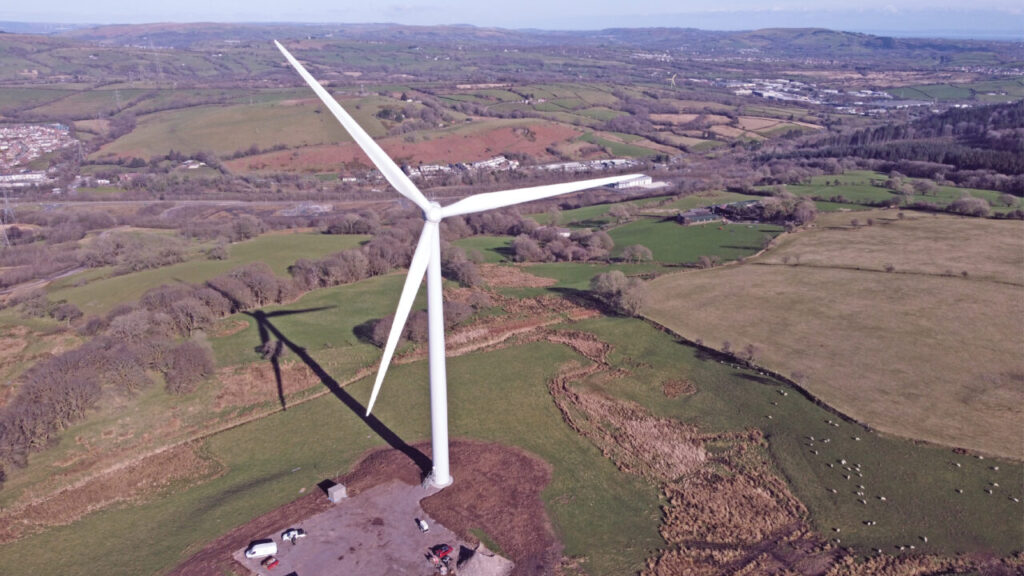A state-owned renewable energy developer for Wales, Trydan Gwyrdd Cymru, was launched today (15 July) by the Welsh energy secretary Jeremy Miles.
With a focus on onshore wind, Trydan Gwyrdd aims to accelerate the development of renewable energy projects on the wider Welsh public estate. The company, based in Merthyr Tydfil, will work alongside Natural Resources Wales to develop wind farms on the woodland estate, commencing community engagement at the “earliest opportunity”.
At the launch, cabinet secretary for the economy, energy and the Welsh language Jeremy Miles, said: “There is no question that clean energy is central to a more prosperous Wales and a better future for our communities. I hope today’s announcements show how we will make the energy transition benefit Wales, both now and in the future.
“Owning our own renewables company on behalf of Wales will allow us not only to develop renewables in ways that fit with the natural environment but most importantly to provide us, and the people of Wales, with the ability to own the returns on what will be a significant investment.”
He added that income for Wales will not be generated for “some years”.
Miles set out the Welsh government’s long-term plans for a more sustainable energy supply and decarbonisation and announced the publication of a Heat Strategy. Heating accounts for 50% of energy use in Wales, 75% of which is generated using fossil fuels. The new strategy looks to establish what homes, businesses, industry and the public sector will need to achieve a low carbon energy system.
Publicly-owned power
Labour’s Great British (GB) Energy project, first announced during the party’s election campaign, was initially billed as a state-owned energy company. However, the vision was quickly downscaled to make GB Energy an investment vehicle that will invest public money in renewable energy generation projects.
UK government energy secretary Ed Miliband said: “I look forward to working closely with the Welsh Government as we make Britain a clean energy superpower, including setting out the first steps of Great British Energy, boosting our energy independence and bring down bills for good.”






